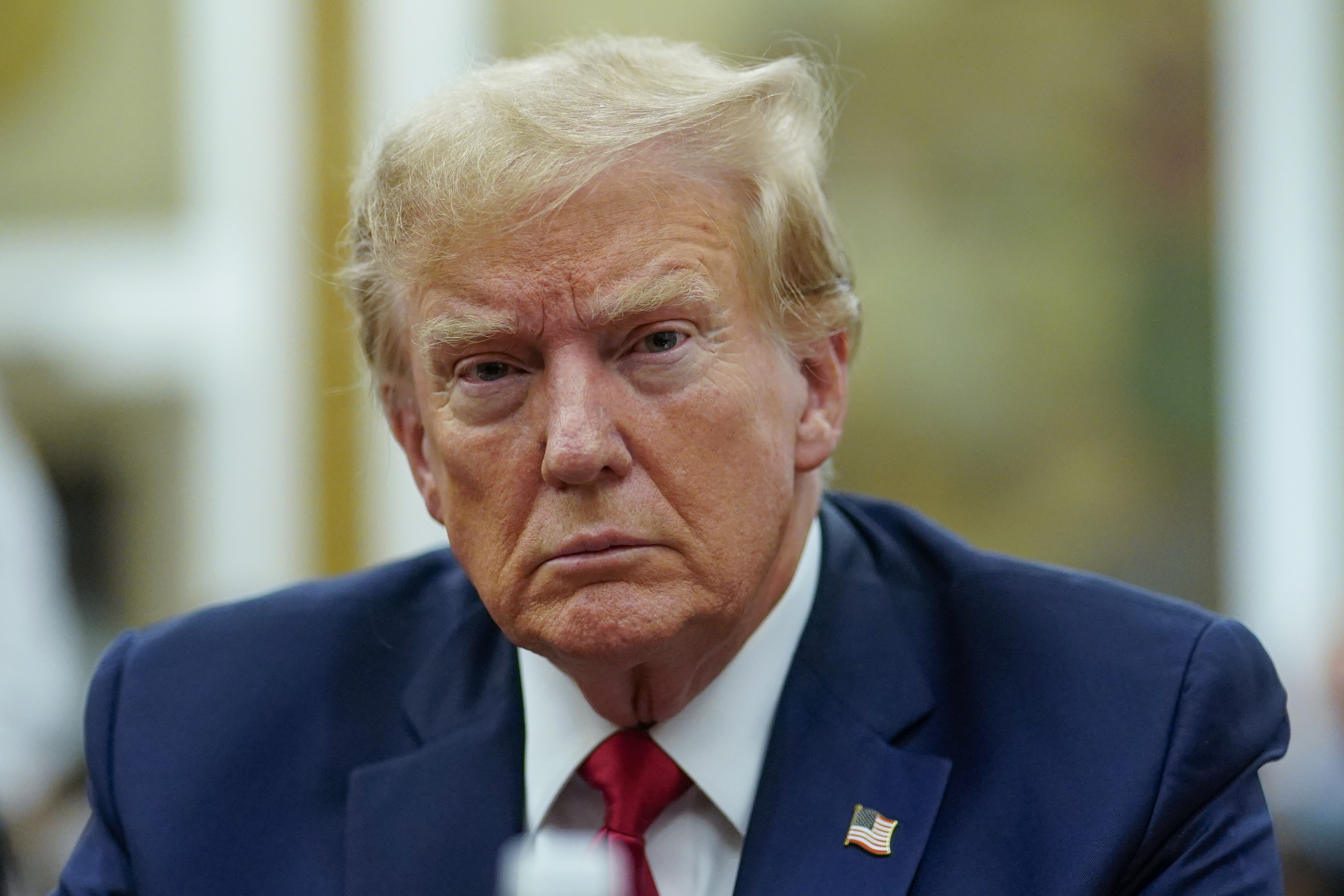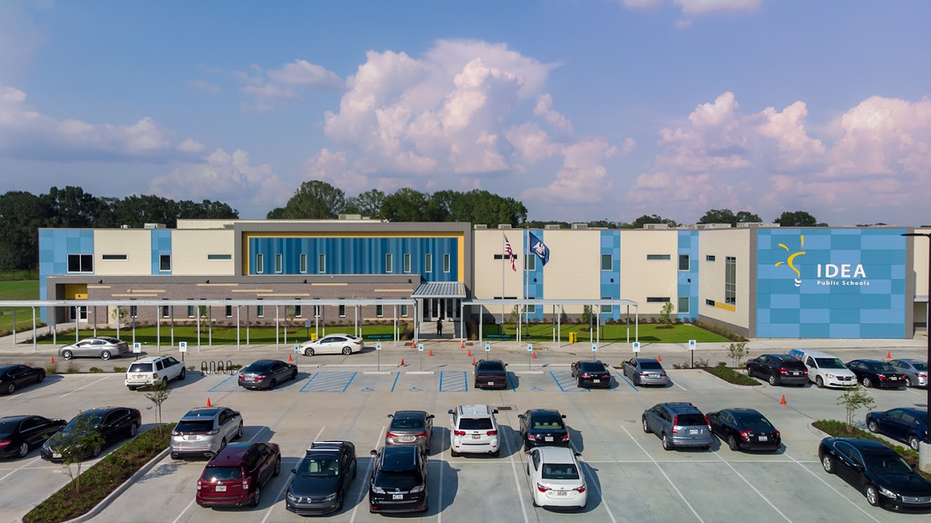Trump Got a Big Sign the Supreme Court Doesn’t Have His Back
Donald Trump may have handpicked three members of the Supreme Court’s conservative majority. That doesn’t mean they are doing him any favors.

Former President Donald Trump has tried every legal trick in the book to postpone his four upcoming criminal trials past election day.
But his master plan just ran into a big problem.
That’s because the Supreme Court showed it’s willing to move at lightning speed this week, when it agreed to fast-track an urgent request from Special Counsel Jack Smith about an issue that risks jamming up the legal works. In a system that can sometimes take years to reach resolution, the high court just got back to Smith in less than one day.
In other words, the Supreme Court just showed it understands the urgency of the situation. While this week’s action was only an early indicator and hardly a final decision on the merits of the pending appeal related to Trump’s Jan. 6 case, the court reacted with the kind of warp speed that suggests Trump’s attempt to bog things down could be doomed.
“This is a bad omen for Trump,” said Gene Rossi, a former federal prosecutor in the Eastern District of Virginia. “My sense is that members of the Supreme Court are saying to themselves: ‘We cannot wait, this has to happen soon.’”
On Monday morning, Smith asked the Supreme Court to essentially leapfrog over a lower court and directly resolve an appeal filed by Trump. Trump had asked the Appellate Court to declare him immune from prosecution in the Washington D.C. criminal case over his alleged attempts to subvert the 2020 election. And while the Appellate Court considers the issue, the deadlines in Trump’s case are all essentially frozen.
“The United States recognizes that this is an extraordinary request,” Smith told the Supreme Court in his filing. “This is an extraordinary case.”
Want the best of VICE News straight to your inbox? Sign up here.
The court said it would quickly decide whether to take the case, and ordered Trump’s team to file its own response by Dec. 20 at 4:00 pm EST.
Trump recently argued that the Appellate Court should deny Smith’s request to expedite its review—and even compared Smith to the Grinch who stole Christmas, for allegedly attempting to make attorneys and support staff work through the holidays.
Trump’s team wrote: “It is as if the Special Counsel “growled, with his Grinch fingers nervously drumming, ‘I must find some way to keep Christmas from coming. … But how?’”
Trump’s D.C. trial is currently set to kick off on March 4. Judge Tanya Chutkan, who is overseeing the case, has firmly resisted efforts by Trump’s legal team to push the timeline back. She has even threatened to move it forward if Trump does not abide by his gag order forbidding him to attack witnesses over their potential testimony.
But the case is currently paused while Trump appeals Judge Chutkan’s refusal to dismiss his case based on his claim of immunity. Trump lawyers had claimed he could not be prosecuted for actions committed while he was president, and also that he couldn’t be charged over conduct for which he was already formally impeached, on the grounds of double-jeopardy.
Trump may think that the Supreme Court should bend in his direction, given that he personally appointed three members of its 6-3 conservative majority. But the court hasn’t shown much preference for Trump’s arguments when considering his personal legal issues in the past, and has ruled against him in important battles.
If Trump wins the November 2024 election-he currently is leading Joe Biden in the polls–he will have a much easier time thwarting the four sets of criminal charges against him. He can ask his future Attorney General to dismiss the federal cases in Washington D.C. and Florida. And he can argue that state criminal proceedings in Georgia and New York must be paused while he executes the duties of the Commander-in-Chief.
Trump also has good political reasons not to want the trial to take place before the vote.
Polls suggest that even many Republicans might rethink their support for Trump if his criminal charges turn into convictions. One recent survey found that 31 percent of Republican voters said they wouldn’t support Trump after a conviction. If such a large number holds all the way to election day, the defection could handily turn the election in Biden’s favor.



